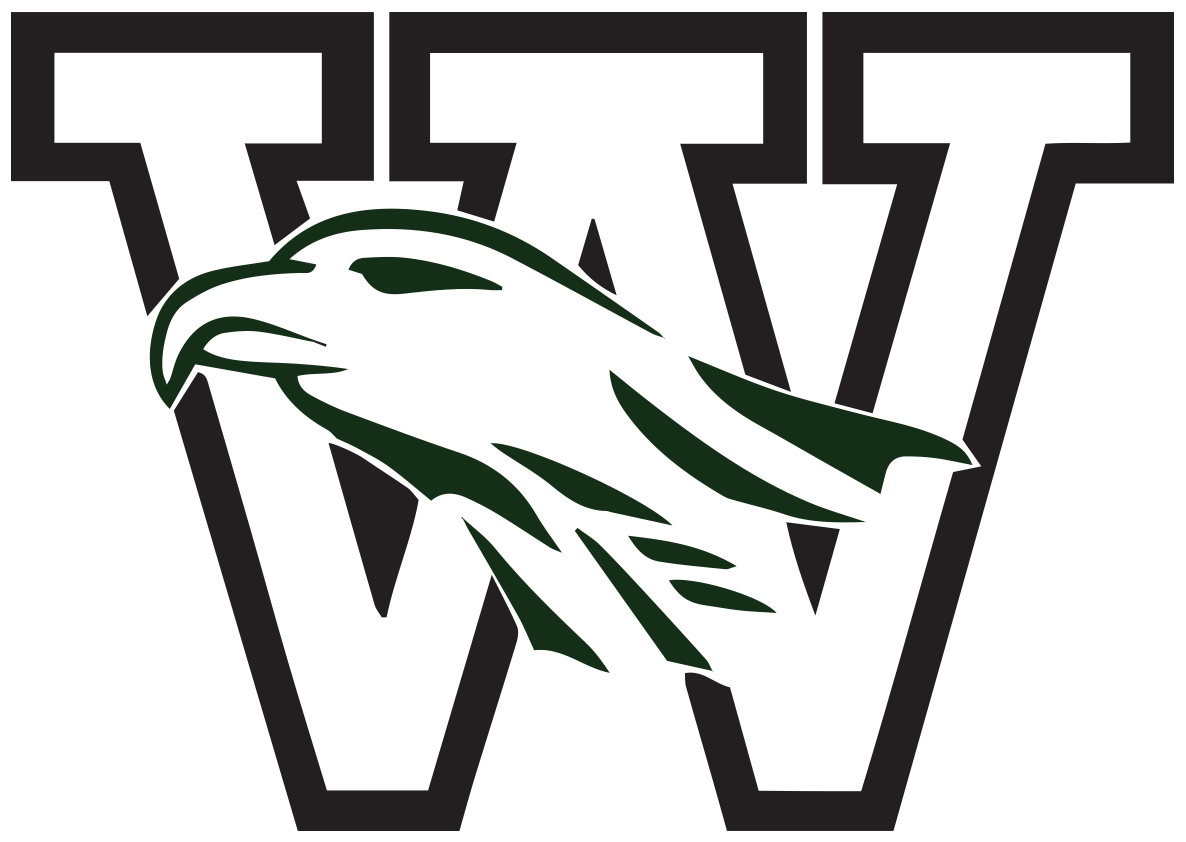Cheating
We value academic integrity and do not permit any form of dishonesty, plagiarism or deception that unfairly, improperly or illegally enhances the grade of an individual, a group assignment or a final grade. Many people think of plagiarism as copying another’s work or borrowing someone else’s original ideas.
Terms like “copying”, “sharing” or “borrowing” can disguise the seriousness of the offense. You also need to be careful to distinguish between collaborative assignments assigned by a teacher, such as lab groups.
All of the following are considered plagiarism:
Turning in someone else’s work as your own.
Copying words or ideas from someone else without giving credit.
Failing to put a quotation in quotation marks.
Giving incorrect information about the source of a quotation.
Changing words, but copying the sentence structure of a source without giving credit.
Copying so many words or ideas from a source that it makes up the majority of your work whether you give credit or not.
To cut and paste work that is not your own and handing it in is plagiarism.
According to U.S. law, the expression of original ideas is considered intellectual property, and is protected by copyright laws, just like original inventions.
Students whom violate the cheating/plagiarism policy will be subject to appropriate disciplinary action. Any incident of cheating may result in a “U” citizenship grade in the class for the quarter and a grade of zero (0) on the assignment, test or activity where the cheating was involved.
